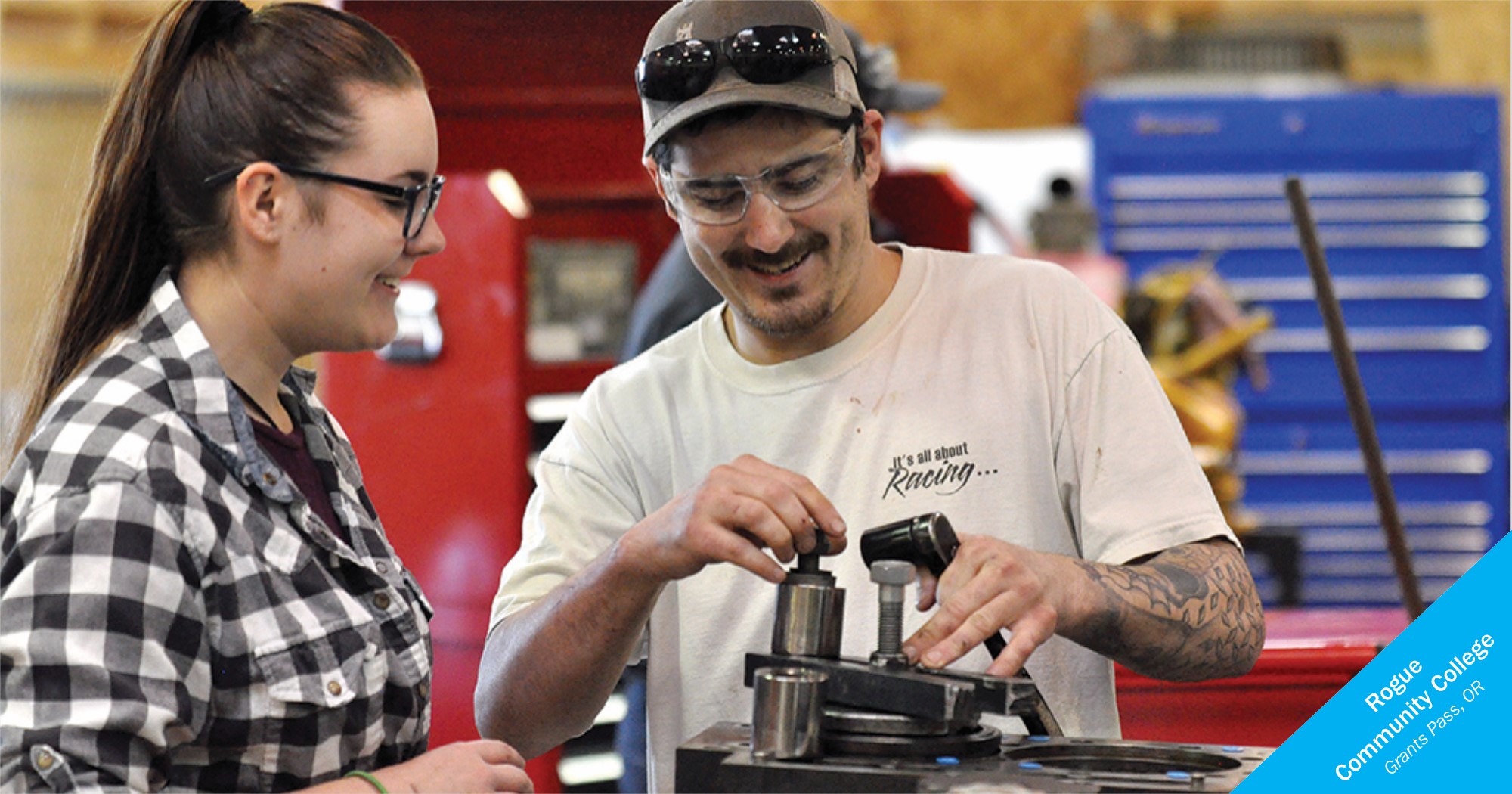
Learn how to prepare for a career in the trades.
About the trades
Trades usually refer to careers in the construction, manufacturing, mechanical, and utility fields. They are usually hands-on jobs that are physically and mentally challenging. You may need to join a union for some trades.
Examples of careers in the trades:
What education or training do I need for the trades?
Most trades need education or training beyond high school. There are many different avenues into the trades.
- Certificate or Associate degree: 1-2 year programs that focuses on skills for a specific career. Available at community colleges, trade schools or JobCorps centers.
- Apprenticeship: Paid on-the-job training and classroom learning for a specific trade. In Oregon, they are offered at a community college, trade school, or an Apprenticeship and Training Center (ATC).
- Bachelor’s degree or higher: Management and engineering jobs in the trades often need an advanced degree from a college or university.
What can I do to prepare for a career in the trades?
Take the right classes to graduate from high school.
- You will need a high school diploma or GED.
- Take math in high school. Most trades jobs use math regularly.
- Take Career and Technical Education (CTE) classes to get hands-on experience.
Learn more about trades.
- Take part in an internship, job shadow or summer program.
- Volunteer with a community program where you can learn new skills and practice good work habits.
- Enroll in a pre-apprenticeship program. These help you get ready to enter a trade or apprenticeship program.
- Explore career and training options at Build Oregon and Oregon Apprenticeship.
Stay healthy and fit.
- Stay drug-free. Employers may screen applicants and employees.
- Get in shape. Many trades jobs are physically demanding.
